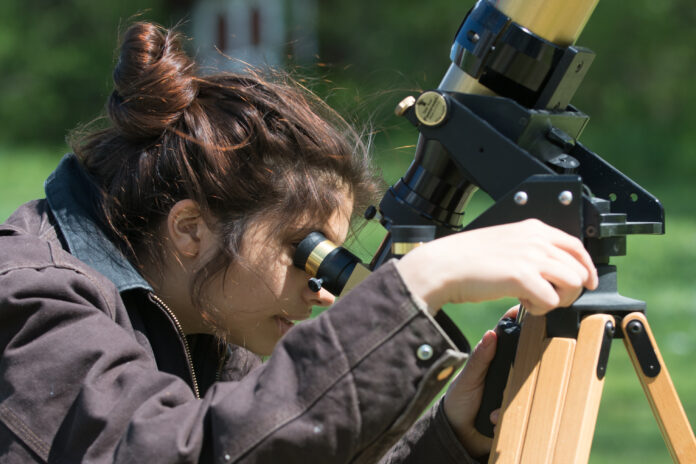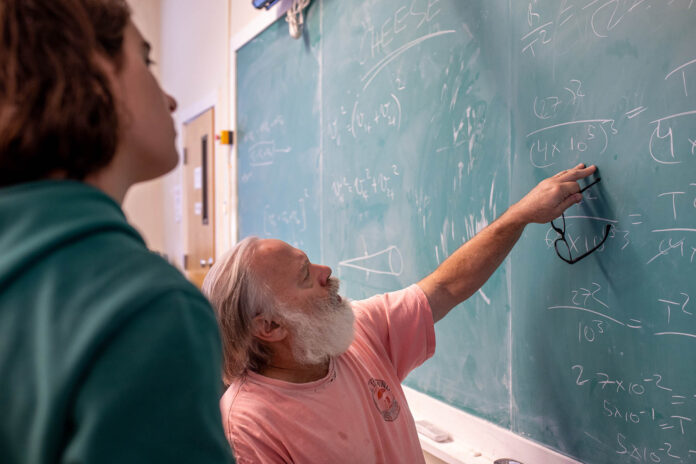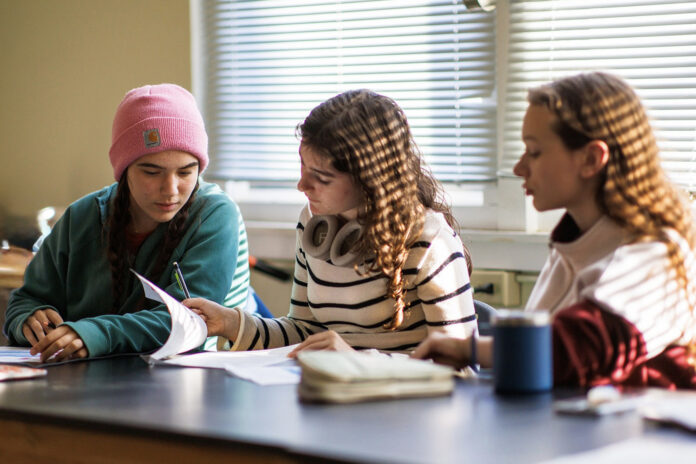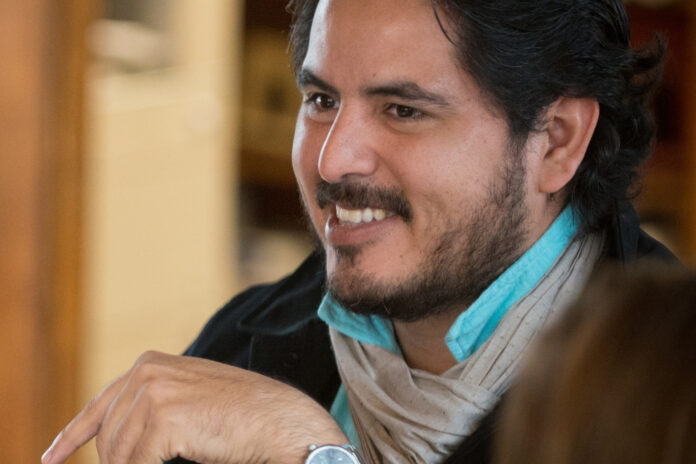We strive to help students express themselves with clarity and power orally as well as in writing. We want them to be able to generate authentic, nuanced questions and original ideas. Reading literature with sensitivity and exploring varied cultural perspectives are critical. Students write frequently, and readings range from the canonic to the contemporary, roaming over a wide landscape of cultures and voices both in original English and in translation. Classes are taught seminar-style, and lecture is rare. Class participation is essential as students try out their ideas aloud.
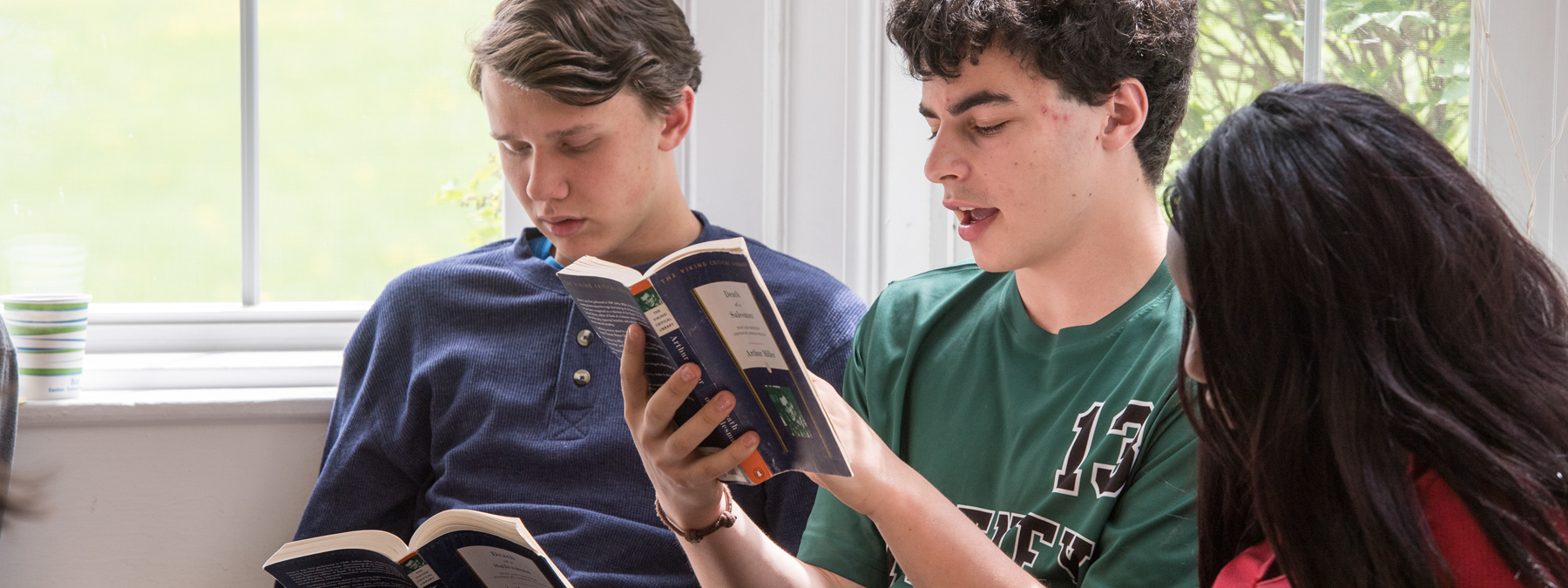
The Putney Difference
Students learn to express themselves with clarity and power, both orally and in writing. They learn to generate authentic, nuanced questions and original ideas, while reading literature with sensitivity and exploring varied cultural perspectives.
One of the things we do really well is we say yes. So students come and they say, can I do this? And we’re like, yeah, you totally can. They can have so much choice in their education, and when they find a passion, they can really run with it. And because I think our faculty are so talented, we can always be offering students more and more. They can take a student as far as they can go, so by the time they graduate, they’ve done stuff that people are studying in college, or maybe even beyond.
— Nathan Zweig, English Department Chair and English Teacher
Core Skill Development
Reading and writing comprehension
Oral and written expression
Critical thinking and reasoning
Connecting Literature to Other Disciplines
From poetry, essays, and creative nonfiction to government documents, memoirs, and classic novels and plays, students analyze and interpret readings, synthesize and present ideas, debate and discuss concepts, and discover and explore their own unique interests.
Project Week: Writing a Novel
During her senior exhibition and a project week, Desi wrote a 138-page novel, “Cardinal Prayer.” She worked with local Vermont author Robin McArther and English Teacher Kate Knopp who provided invaluable feedback as she fleshed out her characters, developed strong dialogue, and stretched her writing muscles to tell a remarkable story.
English Courses
- Contemporary American Poetry
- Creative Writing
- Dramatic Literature
- Existentialism
- Introduction to Media Studies
- Philosophy for Social Change
- Say What You Mean
- Shakespeare
- World Literature
- Writing About Literature
- Writing for Theater & Film
- Writing Narrative Nonfiction


